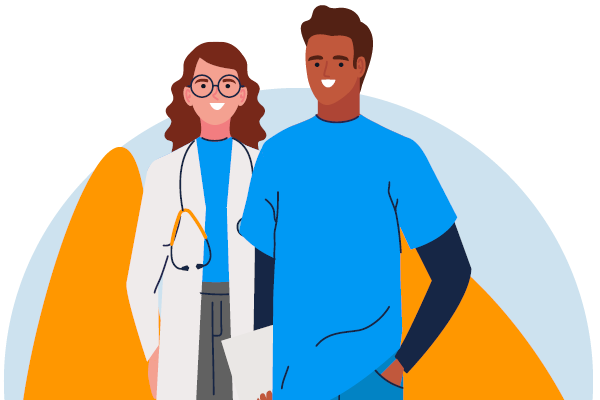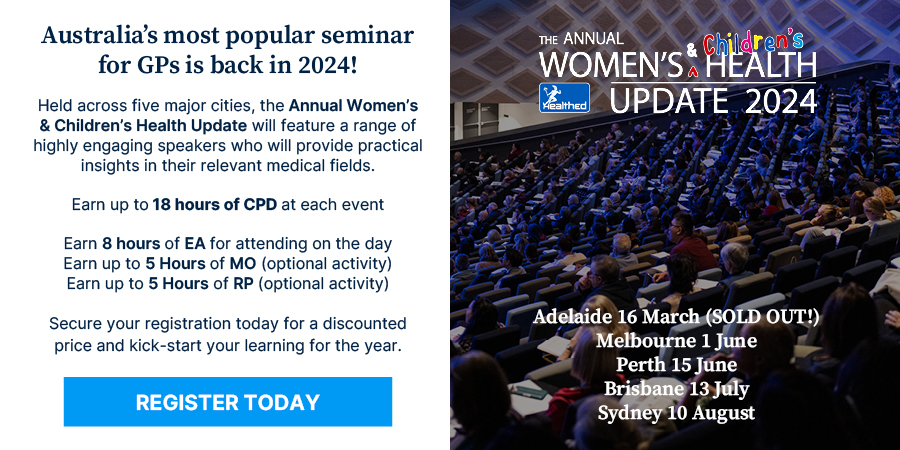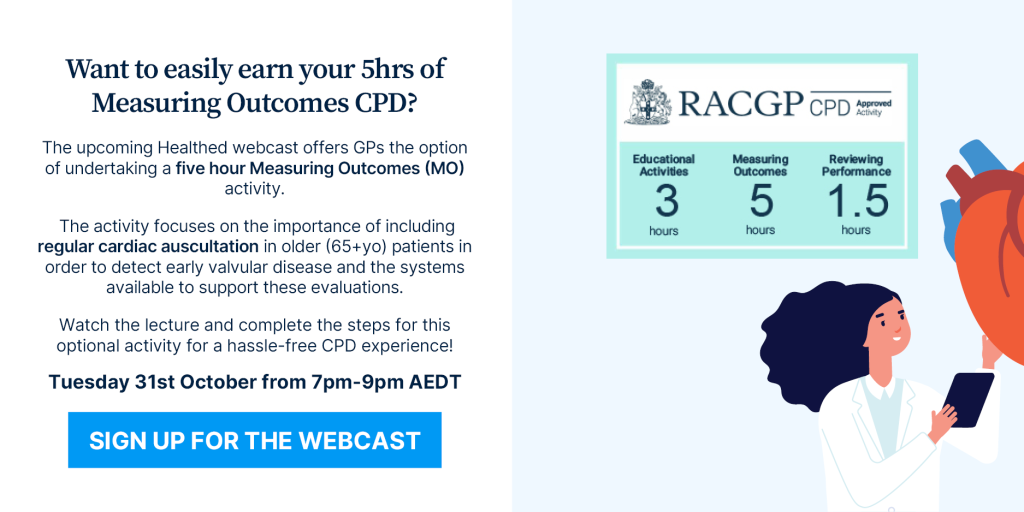Page 118 of 129
Study bodes well for low-carb eaters
Three low-carb meals within 24 hours lowers post-meal insulin resistance by more than 30 percent, but high-carb meals sustain insulin resistance, a condition that leads to high blood pressure, prediabetes and diabetes, according to a University of Michigan study.
The study also found that two hours of moderate-intensity exercise, which is supposed to lower insulin resistance and blood sugar levels, has no impact on these results. To the contrary, blood sugar levels increase after the exercise, said Katarina Borer, professor in the School of Kinesiology and principal investigator in a study done with doctoral student Po-Ju Lin, now at the University of Rochester Medical Center.
Insulin is a hormone critical in metabolism. Insulin sensitivity refers to insulin’s ability to efficiently respond to and regulate glucose in the blood, so that our cells can use it for energy and other functions. If we’re insulin resistant, insulin is less effective in removing glucose from the bloodstream and the pancreas must produce more insulin to help. This can eventually lead to diabetes.
The study sample was small, Borer said, but the results are significant, in part, because they reinforce results in two preceding studies and one 2015 review on high-carbohydrate diets and their negative effects on insulin.
In the U-M study, 32 post-menopausal metabolically healthy women were divided into four groups and given meals of either 30 or 60 percent carbohydrates with or without moderate-intensity exercise before meals. The low-carb group showed a reduction in insulin resistance after the third meal in the evening, but the high-carb group sustained high post-meal insulin, Borer said.
The high-carb group’s diet fell in line with the 45-to-60 percent daily carbohydrate intake the departments of Agriculture and Health and Human Services recommend, Borer said.
“We showed an acute, one-day reduction in insulin resistance after the third low-carbohydrate meal eaten in the evening, so one could argue that this is transient and insignificant,” Borer said. “But at least two other studies where high-carbohydrate meals were fed to volunteers for 5 and for 14 days show that the outcome was worrisome. These subjects developed increased fasting insulin secretion and insulin resistance, increased glucose release by the liver which produced high blood sugar, and dramatically lowered fat oxidation that contributes to obesity. These then were more persistent effects that could be a path to prediabetes and diabetes… Read More>>
Source: Science Daily
Improving Function in Patients with Depression
This article discusses the frequently unrecognised impacts on a patient’s health of a diagnosis of major depressive disorder.

Tags: Clinical Depression
October 29, 2016
Contraception and the Older Woman
This article discusses the safest forms of contraception for older women, how to maximise the clinical advantages of these and when it is safe to discontinue the chosen method.
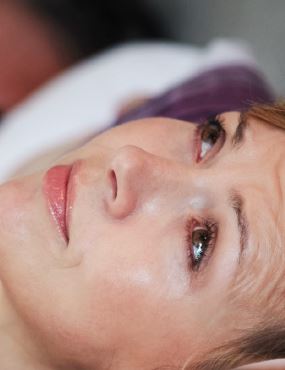
Tags: Contraception
October 27, 2016
UN expert: Junk food is a human rights concern
Hilal Elver, the UN’s special representative on the right to food, said Tuesday the rise of industrial food production combined with trade liberalization has allowed large corporations to flood the global market with cheap, nutrient-poor foods that force poor people to choose between economic viability and nutrition, effectively violating their right to adequate food.
“Within the human rights framework, states are obliged to ensure effective measures to regulate the food industry, ensure that nutrition policymaking spaces are free from private sector influence and implement comprehensive policies that combat malnutrition in all its forms,” she said.
Elver said that countries must go beyond simply ensuring their people the minimum requirements needed for survival and ensure access to food that is nutritionally adequate. She said that the international community is failing to meet globally agreed upon nutrition targets that seek to eradicate malnutrition in all its forms… Read More>>
Source: STAT
October 26, 2016
‘Super-parenting’ improves children’s autism
Giving mums and dads the skills to become “super parents” can dramatically improve their child’s autism, a long-term study has shown.
In the training, parents watched films of themselves playing with their child while a therapist gave precise tips for helping their child communicate.
“What is remarkable is the pay-off,” said Louisa Harrison, who has seen a huge improvement in her son Frank.
Experts said the results, published in the Lancet, were “hugely cheering”.
The study focused on children with severe autism, who were often unable to talk to their parents.
For Louisa’s son Frank, lamp-posts were a marker of his progress using the method.
Louisa, from Cheshire, said: “He loves watching lamp-posts come on in our street, so autumn is a very exciting time for us.
“Several years ago it was a largely silent interaction, but now he will be so chatty, ‘Mummy, Mummy, look they’ve gone on in a different order.’
“If you’d told me four years ago he’d come out with a sentence like that then I’d be crying,” Louisa added.
Better than good
The researchers’ idea was simple: improve mum’s and dad’s parenting to improve the social skills of the child.
Dr Catherine Aldred, a consultant speech and language therapist with Stockport NHS Trust, stressed it was not about blaming the parents.
“We’re taking the parent’s interaction with the child and taking it to a ‘super’ level, these children need more than ‘good enough’, they need something exceptional,” she said… Read More>>
Source: BBC News
The 30-second chat that can trigger weight loss
Doctors who spend 30 seconds telling patients they need to lose weight can have a dramatic impact, a study shows.
Some people, who had no intention of shedding the pounds, lost 10% of their body weight after being offered a free weight-loss programme.
The University of Oxford researchers said the 30-second chat would have a huge effect if every GP did it.
The findings, published in the Lancet, showed that patients were not offended by the advice.
“More than any other person, your doctor can bring up the question of weight, it is not like telling your wife she’s overweight,” said Paul Cooper who took part in the trial.
He was going for a normal appointment in Northampton, when his GP told him that weighing in at 98kg (15st 6lb) was unhealthy.
“Looking down, I couldn’t see my feet,” the 69-year-old said.
‘While you’re here….’
Paul was one of 2,728 severely overweight people who were involved in the trial.
All were seeing their doctor for another health condition when the GP said something like: “While you’re here, I just want to talk about your weight.”
Half were offered a free place on a weight-loss programme like Slimming World or Rosemary Conley.
Only four in 10 actually turned up, but nonetheless a quarter of patients initially offered a place lost 5% of their original weight and around one-tenth had lost 10% of their weight after a year… Read More>>
Source: BBC News
Toxic chemicals tied to $340 billion in U.S. health costs and lost wages
Chemicals found in plastic bottles, flame retardants, metal food cans, detergents, cosmetics and pesticides cost the U.S. more than $340 billion a year in health costs and lost earnings, a new study estimates.
That’s more than twice the annual estimated cost of $163 billion in the European Union, where regulations may limit exposure to some of these chemicals, researchers note in The Lancet Diabetes and Endocrinology.
The chemicals in question are known as endocrine disruptors because they can interfere with the body’s endocrine, or hormone, system and produce negative developmental, reproductive, neurological and immune effects.
“These findings speak to the large health and economic benefits to regulating endocrine-disrupting chemicals,” said senior study author Dr. Leonardo Trasande, a researcher at New York University Langone Medical Center in New York City.
For the current study, researchers reviewed blood sample and urine analyses that documented the presence of endocrine disruptors among U.S. participants in the National Health and Nutrition Examination Survey (NHANES).
They estimated total costs linked to these chemicals based on both the direct cost of treatment and the indirect cost of lost productivity or earnings. Then, they compared the U.S. results to findings from a previous study done in Europe.
Costs are higher in the U.S. in large part due to widespread use of a chemical mixture applied to furniture to make it less flammable that has been restricted in Europe since 2008.
This chemical blend, polybrominated diphenyl ethers (PBDEs), is responsible for about 43,000 cases of intellectual disability in the U.S. each year, compared with 3,290 cases in Europe, the researchers estimate.
PBDEs are also tied to the loss of 11 million IQ points each year in the U.S., compared with 873,000 lost IQ points in Europe.
Combined, the costs associated with intellectual disabilities and lost IQ points linked to PBDEs come to $266 billion a year in the U.S., compared with $12.6 billion in Europe… Read More>>
Source: Reuters
October 24, 2016
American Academy Of Pediatrics Lifts ‘No Screens Under 2’ Rule
If there’s one rule that most parents cling to in the confusing, fast-changing world of kids and media, it’s this one: No screens before age 2.
As of today, that rule is out the window.
The American Academy of Pediatrics, which first issued that recommendation back in 1999, has extensively updated and revised its guidelines for children and adolescents to reflect new research and new habits.
The new guidelines, especially for very young children, shift the focus from WHAT is on the screen to WHO else is in the room. And in doing so, they raise some intriguing points about the future of learning from media.
For babies younger than 18 months, AAP still says no screens at all are the best idea — with one notable exception: live video chat. Surveys indicate that families already popularly believe that “Facetime doesn’t count,” or at least that the benefit of virtual visits with grandparents or other relatives outweighs the potential cost of exposing babies to the laptop or phone.
The AAP doesn’t cite positive evidence that infants actually get something out of this kind of “conversation” the way that they clearly do from live social interaction. But there is some observational research that infants as young as 6 months old are emotionally engaged by playing live peekaboo with Grandma on Skype.
For infants and toddlers, age 15 months to 2 years, there is limited evidence from a couple of very small studies that they can learn new words from educational media, if and only if parents are watching alongside them, repeating what the video says and/or drawing attention to what is on the screen. In other words, treating a video or an app like a picture book is the best bet… Read More>>
Source: NPR
Detection, Assessment and Management of Men with Androgen Deficiency in General Practice
This article discusses the appropriate assessment and treatment for androgen deficiency in men.
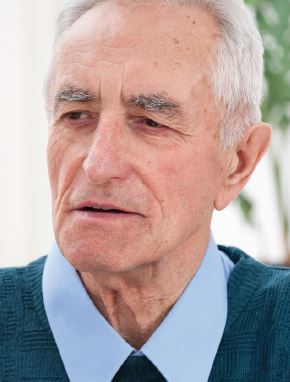
Tags: Androgen Deficiency
October 20, 2016
Generation Adderall
Have you ever been to Enfield? I had never even heard of it until I was 23 and living in London for graduate school. One afternoon, I received notification that a package whose arrival I had been anticipating for days had been bogged down in customs and was now in a FedEx warehouse in Enfield, an unremarkable London suburb. I was outside my flat within minutes of receiving this news and on the train to Enfield within the hour, staring through the window at the gray sky. The package in question, sent from Los Angeles, contained my monthly supply of Adderall.
Adderall, the brand name for a mixture of amphetamine salts, is more strictly regulated in Britain than in the United States, where, the year before, in 2005, I became one of the millions of Americans to be prescribed a stimulant medication.
The train to Enfield was hardly the greatest extreme to which I would go during the decade I was entangled with Adderall. I would open other people’s medicine cabinets, root through trash cans where I had previously disposed of pills, write friends’ college essays for barter. Once, while living in New Hampshire, I skipped a day of work to drive three hours each way to the health clinic where my prescription was still on file. Never was I more resourceful or unswerving than when I was devising ways to secure more Adderall.
Adderall is prescribed to treat Attention Deficit Hyperactivity Disorder, a neurobehavioral condition marked by inattention, hyperactivity and impulsivity that was first included in the D.S.M. in 1987 and predominantly seen in children. That condition, which has also been called Attention Deficit Disorder, has been increasingly diagnosed over recent decades: In the 1990s, an estimated 3 to 5 percent of school-age American children were believed to have A.D.H.D., according to the Centers for Disease Control and Prevention; by 2013, that figure was 11 percent. It continues to rise. And the increase in diagnoses has been followed by an increase in prescriptions. In 1990, 600,000 children were on stimulants, usually Ritalin, an older medication that often had to be taken multiple times a day. By 2013, 3.5 million children were on stimulants, and in many cases, the Ritalin had been replaced by Adderall, officially brought to market in 1996 as the new, upgraded choice for A.D.H.D. — more effective, longer lasting.
Adderall’s very name reflects its makers’ hopes for an expanding customer base: “A.D.D. for all” is the phrase that inspired it, Alan Schwarz writes in his new book, “A.D.H.D. Nation.” And in fact, by the time I arrived at college in 2000, four years after Adderall hit the market, nearly five million prescriptions were written; in 2005, the year after I graduated, that number was just under nine million. By then, sales of A.D.H.D. medication in the United States totaled more than $2 billion… Read More>>
Source: The New York Times
October 19, 2016
“There Isn’t Really Anything I Can Do To Help.” What Responsibility Should A GP Have Towards A Patient Expressing Suicidal Thoughts?
When a GP is aware that a patient is having suicidal thoughts or intent, they will usually consider a number of actions, one of which may be to contact the local mental health team, in particular the Crisis Resolution and Home Treatment Team (CRHT). But what happens when a person doesn’t want the involvement of CRHT because they find them unhelpful? Does the duty of the GP end at this point?
On occasions, a GP will then respond by saying “There isn’t really anything I can do to help.” They explain that they are not a trained mental health professional. They may end the consultation or phone call moments later. This happens, particularly with the out of hours GP service, and it’s extremely concerning that it does. The person may hear this as “There is no help” or “There is nothing anyone can do for me”. The risks of giving such a message to a person who is having suicidal thoughts are clear.
GPs can indeed help at this point – and most do.
Consider this very different phrase: “I want to do whatever I can to help.” It’s a powerful phrase and for most patients it’s hugely reassuring to hear. For some, it is extremely surprising – and disarming – to hear it from a doctor. When low and depressed, you may place little value upon yourself. You may see yourself and your own life as inconsequential. It may be difficult to imagine that anyone else would see it as important that you survive or that anyone would spend time on you or help you. That’s one of the reasons why it is powerful when a doctor says it.
The doctor may then spend time with the patient, seeking to understand what has led to their crisis. They will ask questions not just to assess risk but also to really try to understand the reasons why they are at risk now. You show that they are important enough that you would allocate your time to them. This demonstrates that they matter, and their life matters to you… Read More>>
Source: Huffington Post
October 12, 2016
Page 118 of 129



